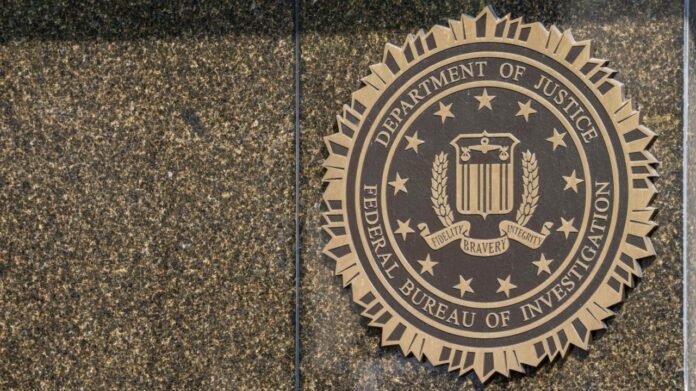
House Republicans unveiled a new package for reauthorizing and reforming the nation’s warrantless surveillance powers, pushing forward text while prepping for a floor battle over controversial provisions.
Section 702 of the Foreign Intelligence Surveillance Act (FISA), which allows the government to spy on noncitizens located abroad, is set to expire in April as the Republican conference last year settled on a short-term extension following a failure to unify around competing packages.
Monday’s text, though an amalgamation of the two bills, more closely aligns with the original proposal from the House Intelligence Committee over its Judiciary competitor, focusing more reforms at the FBI to address misuse of the powerful spy tool.
But it does not include Judiciary’s hope for a warrant requirement — something deemed a redline for the intelligence community but nonetheless a top priority for privacy advocates in Congress.
Though FISA 702 only allows the government to surveil foreigners, their communications with Americans are often swept up in the process, creating a database found to be misused by the FBI, which has already undertaken a number of reforms amid criticism.
Like its intel predecessor, the new text would severely limit the number of FBI personnel who can query the database, forcing more oversight from some 550 supervisors or lawyers before agents can tap into the database to gain information on Americans.
And while it includes no broad warrant requirement, it does require law enforcement to get a warrant if they’d like to search the database to find evidence of a crime.
The bill also includes numerous provisions that would further protect members of Congress or other high-profile officials, including requiring a lawmaker’s consent before gathering information for a “defensive briefing” about a lawmaker being targeted by a foreign entity. It requires the FBI to notify a member of Congress, with some limitation, if they have been queried in the 702 database.
The bill also includes provisions that target Section 701 of FISA, the portion of the law that allows surveillance of Americans after they secure a warrant from the Foreign Intelligence Surveillance Court.
Those portions of the bill seek to strengthen requirements with Carter Page in mind, the Trump campaign adviser who was spied on by the FBI, securing a warrant with documents that contained numerous omissions. It bars law enforcement from using opposition research or media reports as a basis for a warrant, an effort to avoid repeat incidents.
Some controversial measures, including a provision to screen any noncitizen “being processed for travel to the United States,” have been removed from the latest bill.
But the process of bringing the bill to the floor will push the House to return to a previously-floated idea from Speaker Mike Johnson (R-La.) to do a queen of the hill-style debate format that would allow for consideration of amendments — including a potential amendment on a warrant requirement.
To privacy champions and advocates, a warrant is the only way to protect Americans’ rights.
But the intelligence community — with the backing of the White House — sees a warrant requirement as effectively ending the program, blinding law enforcement to lawfully collected information they may have to act on real time.
Complicating the bill’s consideration further are reports from Politico it may be partially considered during a closed session.
“Make no mistake: a secret session is completely unnecessary. National security legislation is openly debated in every Congress. There have only been 6 secret sessions in the House since 1812,” Elizabeth Goittein, co-director of the Liberty and National Security Program at the Brennan Center for Justice, wrote on X.
“Secret law is anathema to democracies, and making law in secret is the next worst thing. Open debate is a core feature of our democratic system. But intelligence committee leaders prefer to work in the shadows because it gives them a strategic advantage.”
Copyright 2024 Nexstar Media Inc. All rights reserved. This material may not be published, broadcast, rewritten, or redistributed.



